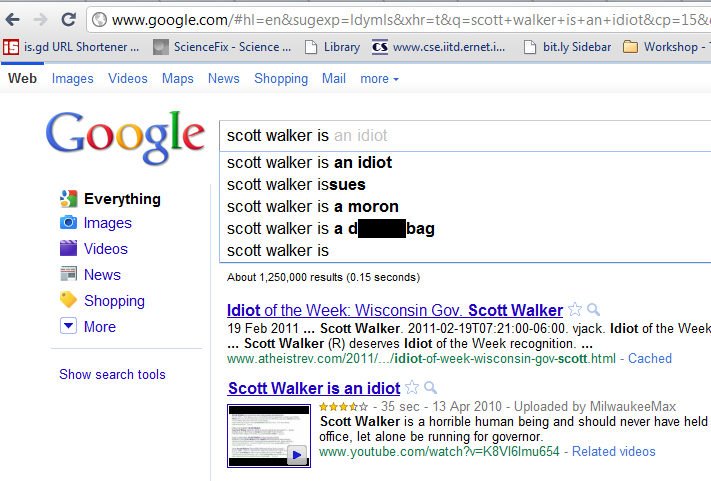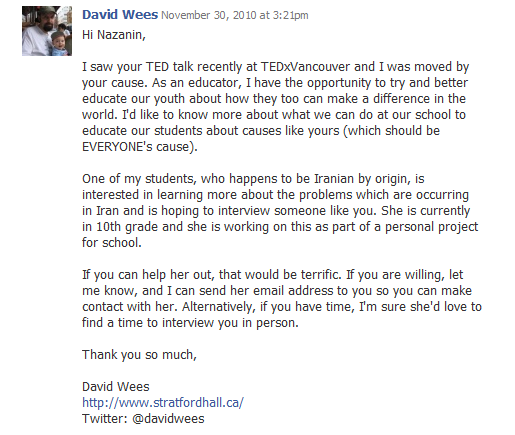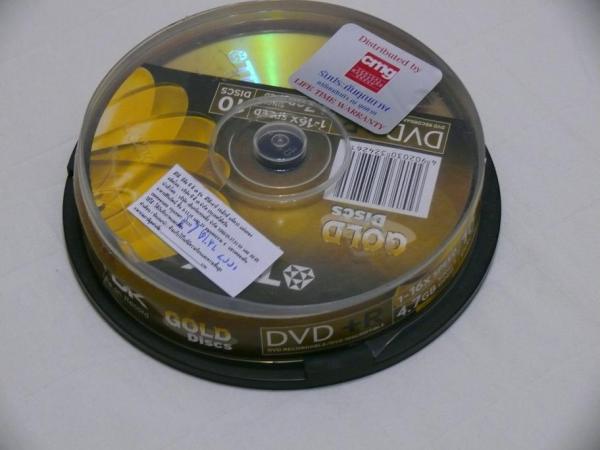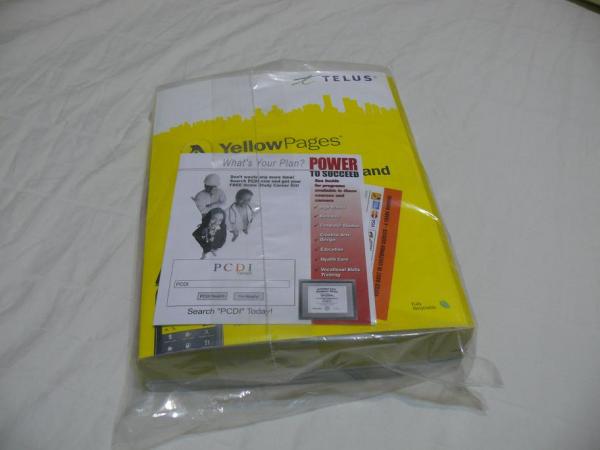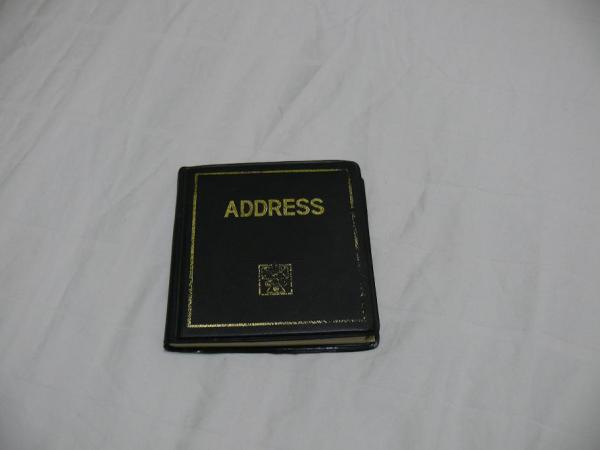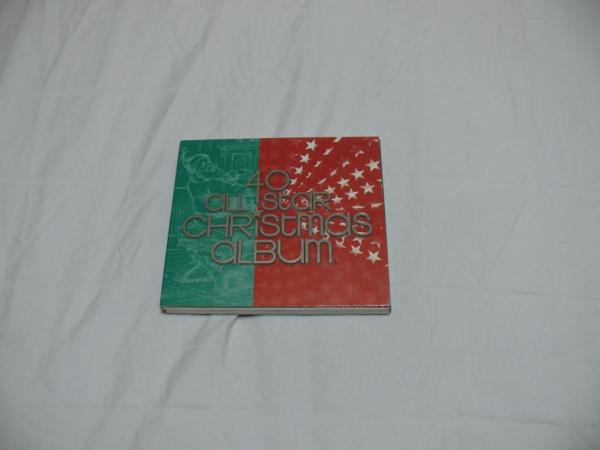A colleague asked me today if I could find a documentary we watched last year in Science. She has students working in her Global Challenges elective course, and they told her about the video we watched in Science last year. I told her sure, and started Googling for the documentary. About 20 minutes later, I’m about to give up because I can’t find it. I remember then that I probably linked to the documentary on my lesson plan website from last year, and sure enough, I find it in a substitute lesson plan. Total search time on my lesson plan website? About 2 minutes.
Keeping track of your lesson plans and ideas in a searchable format is a must. At the very least you should have folders organized by topic and grade level. However, if you are looking for a resource and you remember something about the resource but not how it was organized, this type of organization can be cumbersome. If you’ve ever tried to use Windows search to find something on your computer, you’ll know how awful it really is. I’ve tested the Mac OS’s search function, and it is far superior, but neither search function is completely satisfactory.
Storing your lesson plans and resources you’ve created online instead of on your personal computer has a number of benefits.
- Your lesson plans can be easily shared with students, colleagues, parents, substitute teachers, administrators, and teachers from elsewhere in the world.
- Virtually all web hosts include backups of your data, which means that your work will never be lost. Still, it is worth keeping multiple backups of everything, but information stored in 3rd party systems is far safer than on your likely-to-fail-eventually hard drive or USB stick.
- Your lesson plans and resources are become easily searchable, especially if you are storing them as text & media in webpages, rather than uploading them in some other file format.
- You can get feedback on what you’ve done from sources other than your students. Feedback is what helps us improve, and professional feedback from our peers is more valuable than informal feedback from our students. We normally get much more feedback from our students and so it feels more valuable, but try talking about one of your lesson plan ideas with your colleagues and you’ll notice the difference.
- More altruistically, your resources and lesson plans help other teachers improve. While I don’t think that actually using another teacher’s lesson plans verbatim is all that useful, one can get ideas on improving their own lesson plans and learn from how another teacher constructs lesson plans.
- You have a chance to have your work noticed by others and be offered other opportunities. Self-publishing your work leads to personal benefits in your career as well.
- Your work becomes part of a professional portfolio. In a world of digital media, what you have already published online, and the online reputation you have built, says a lot more about you than what you can cram into your résumé. 50% of companies do Google searches and check Facebook profiles. What do you want them to find?
